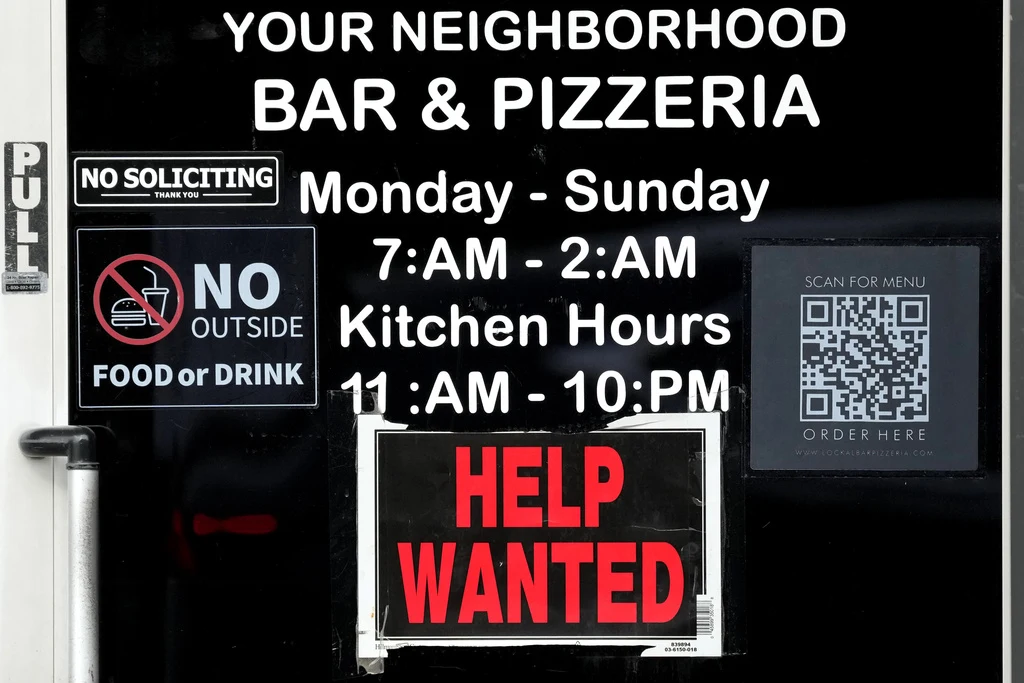Health Minister Mark Holland says Florida’s plan to import cheaper Canadian pharmaceuticals is a non-starter and the federal government will use its regulatory power to ensure the national drug supply does not face any shortages due to actions by a foreign state.
“There is no way we will allow any jurisdiction, be it a state or another foreign jurisdiction, to endanger the Canadian drug supply. That is not an appropriate solution to whatever challenges they may be facing,” Holland said during an official announcement in Nova Scotia of a bilateral health-care deal with the province.
“We’re going to do everything in our power to make sure that another country cannot be given the ability to pillage our health system for its own benefit.”
Holland said he will soon travel to Washington, D.C. to make it known to officials there that Canada will not stand idle if Florida or other U.S. states pursue bulk imports that threaten Canadians’ access to medication in any way.
He said it’s “inappropriate” for U.S. politicians to look to Canada to help fix their costly health-care system, where sky-high drug prices are the norm.
Mark Holland says he will ensure that the country’s supply of pharmaceuticals is not affected by Florida’s plan to import cheaper Canadian drugs.
Holland’s comments come after the U.S. Food and Drug Administration (FDA) last week approved a Florida program to import certain prescription drugs from Canada at a lower cost.
Because of limits on prescription drug price negotiations in the U.S., politicians south of the border have argued their health-care systems should simply buy more drugs from Canada.
A 2021 report by the Rand Corporation found that Canadian prices were just 46 per cent of those in the United States because Ottawa limits how much drugmakers can charge for medicines. The U.S. lets the free market dictate drug prices.

Florida’s Republican Gov. Ron DeSantis, who is also vying to be his party’s candidate for the U.S. presidency, has long championed the initiative.
He celebrated the FDA’s decision as an opportunity for Florida to “import low-cost, life-saving prescription drugs.” DeSantis said the program will save Floridian taxpayers $180 million in the first year it’s operational.
The state has said it wants initially to import drugs that treat HIV, mental illness and prostate cancer.
The U.S. Food and Drug Administration has given Florida the go-ahead to buy cheaper wholesale prescription drugs from Canada, which has reignited fears of drug shortages in this country.
While Florida has the green light from U.S. regulators, it’s still not clear if the state will get its hands on a meaningful quantity of drugs from Canada.
Holland said Canada has a large pharmaceutical industry that makes a number of drugs for sale overseas, and those exports will continue.
But Canada is dealing with serious supply issues of its own.
A national database suggests dozens of medications are in short supply in Canada, including popular drugs like diazepam — sold under the brand name Valium and used to treat anxiety — and opioids like hydromorphone.
“Understandably, the U.S. has its challenges with its drug supply and its costs. We will not allow the U.S. at all to use Canada as a means of fixing that problem,” Holland said. “We will do everything in our power to ensure shortages do not occur.”
Holland said Canada won’t hesitate to use regulatory powers first introduced in 2020 to restrict bulk exports that could worsen drug shortages.
Those regulations, enacted as then-U.S. president Donald Trump was touting a drugs-from-Canada scheme, bars the distribution of certain drugs outside of Canada that would cause or worsen a shortage.
Some provincial health ministers are urging Ottawa to take decisive action now to avoid any disruptive effects.
In an interview with CBC’s Rosemary Barton Live, B.C. Health Minister Adrian Dix said what Florida and other states are proposing is “effectively a raid on Canada’s drug supply.”
Allowing one of the most populous U.S. states to scoop up already limited Canadian supply would “clearly cause a drug shortage,” Dix said.
B.C. has been grappling with limited quantities of the type 2 diabetes treatment Ozempic, which is being widely used off-label for obesity.
To stop diversion to the U.S., the province introduced a regulation to halt online and mail-order sales of the drug to people who do not live in Canada or are not in B.C. to make a purchase in person.
Rosemary Barton speaks with B.C. Health Minister Adrian Dix about his province’s response to the U.S. Food and Drug Administration allowing states to import prescription drugs from Canada. In recent years, Canada has run short on a range of drugs, including the popular weight-loss and diabetes drug Ozempic.
But Dix said the Ozempic case is just one example, adding Florida’s plan could result in a vast quantity of drugs being sent to the U.S. if Ottawa doesn’t move aggressively to curtail exports.
“In the Ozempic case, we took action. This is at a different scale altogether. We’re talking about the importation of billions of dollars under the Florida scheme that has been approved by the FDA — billions of dollars of drugs,” he said.
“We need to take action when these things come.”









